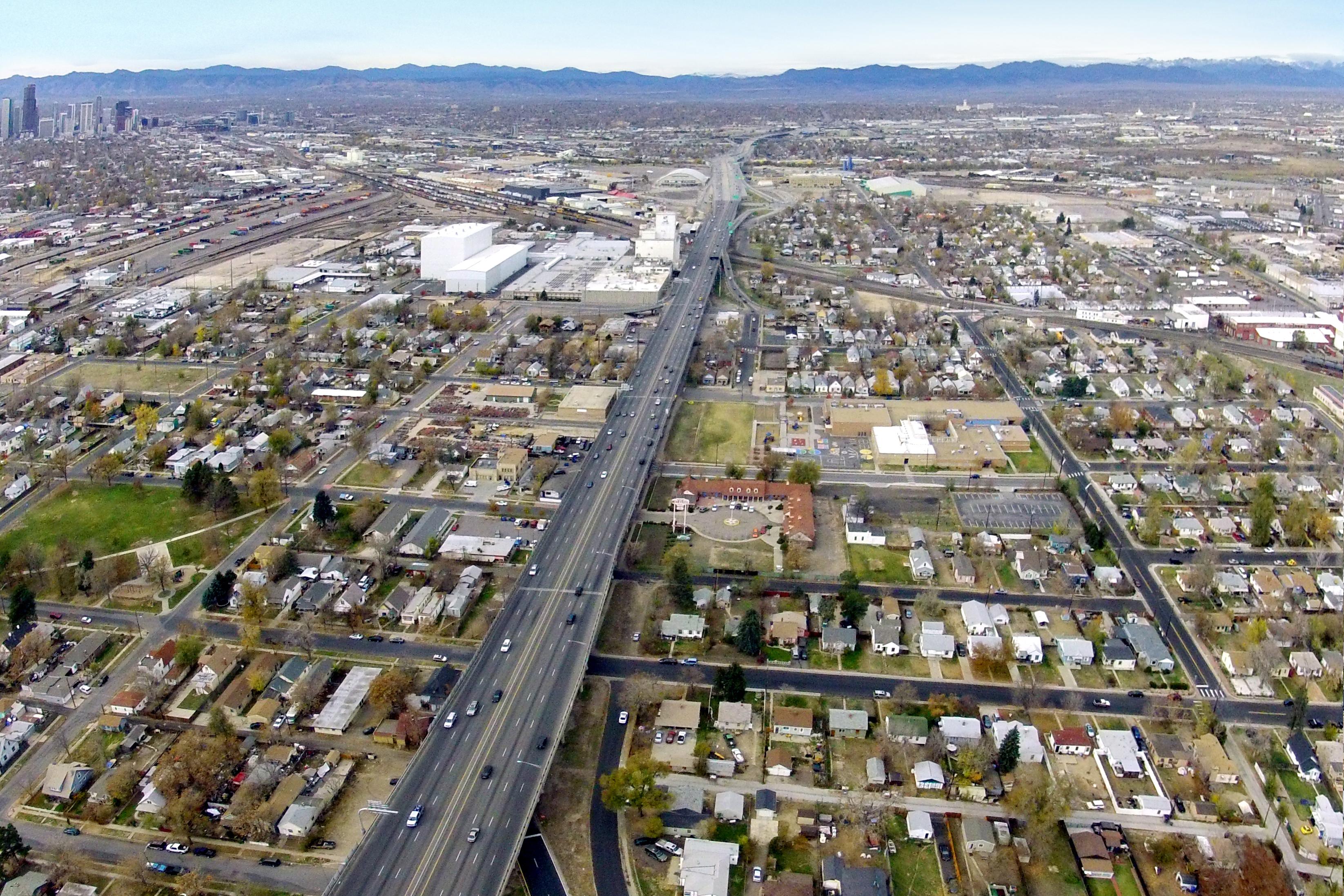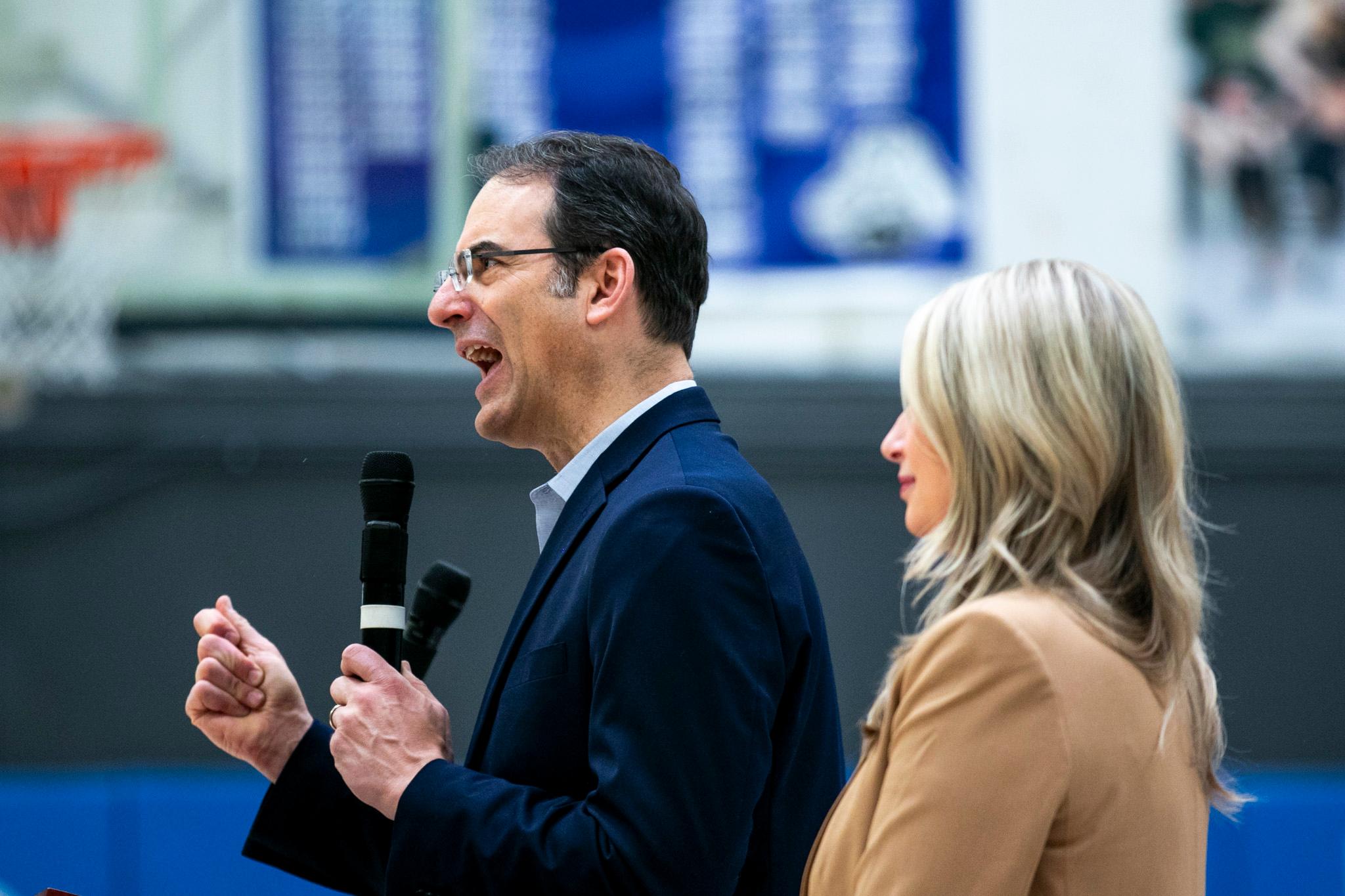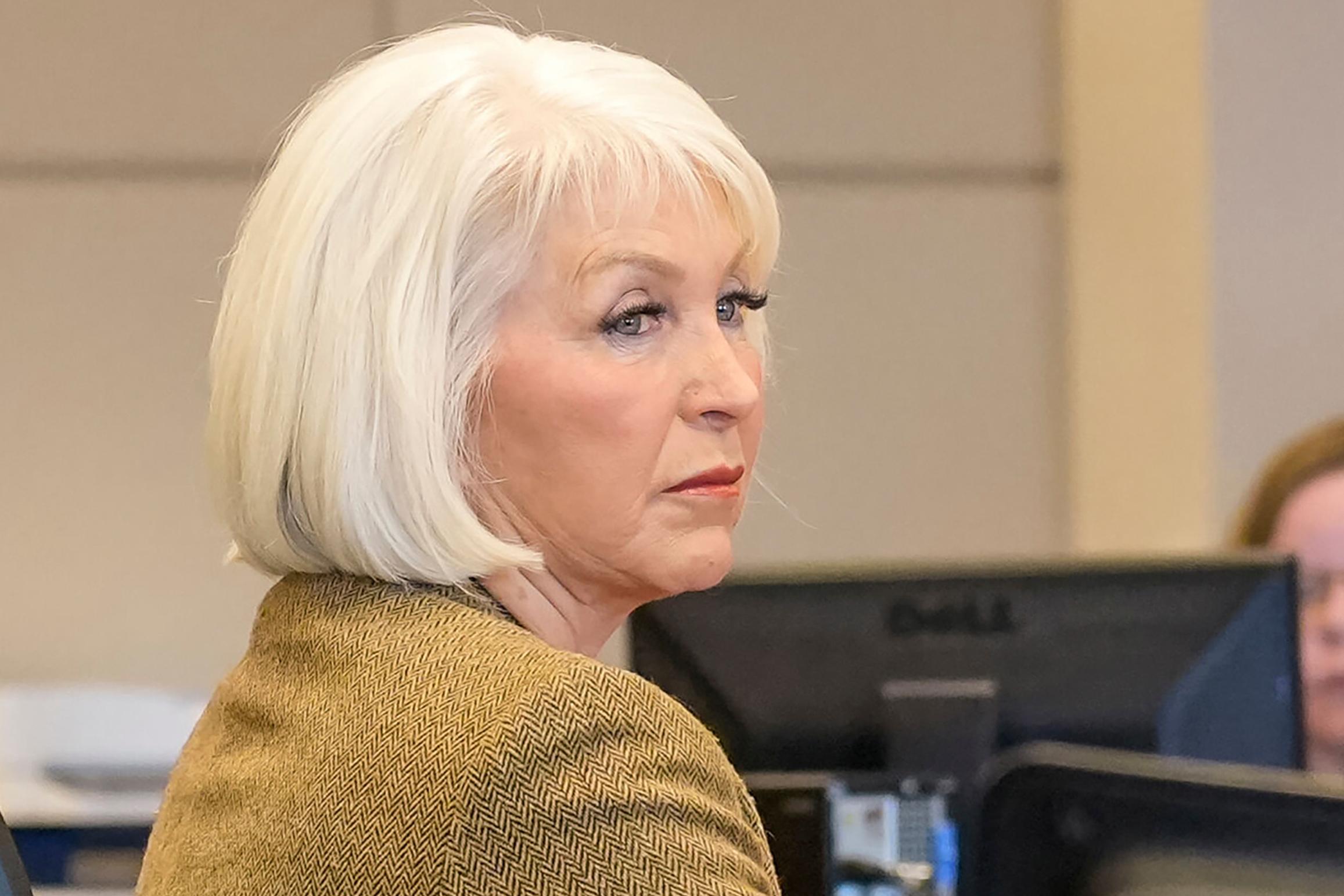
President Donald Trump finalized widespread rollbacks to the National Environmental Policy Act in Georgia on Wednesday.
The act, known as NEPA, was signed into law in 1970. It requires the federal government to conduct an evaluation on how new infrastructure — like dams and oil pipelines — affect the environment. The Trump administration announced in January a proposal to make those reviews shorter and projects easier to approve.
Under the proposed changes, in-depth environmental reviews would be limited to two years and less comprehensive assessments would be allowed one year.
Supporters of the rollbacks have criticized the long review process, which can take an average of 7.3 years to complete, according to an analysis by the Council on Environmental Quality which oversees NEPA.
Gov. Jared Polis criticized the rollback Wednesday, describing it as a "misstep" in terms of environmental justice.
"We know NEPA needs to be more streamlined to ensure renewable energy and infrastructure projects can get moving. The voices of Coloradans should be heard on the projects that impact our communities,” Polis said in a press release. “Yet the Trump administration continues to put its thumb on the scale in order to favor special interests over hardworking Coloradans who value our environment and support a deliberative, citizen involved government."
Jeremy Nichols, the climate and energy program director for conservation nonprofit WildEarth Guardians, said the rollbacks will disproportionately impact states with large swaths of federally managed public lands, such as Colorado, which has four national parks.
He noted that NEPA — which he describes as America's bedrock environmental law — has been at the heart of several large projects in the state, such as Denver’s I-70 expansion. With Trump’s rollbacks, residents will have less opportunity to push back on similar projects.
“We stand to see a lot more proposals that are at odds with the public interest, that are less respective and accountable to communities and to people who are directly impacted,” Nichols said. “People aren't going to be notified, they're not going to have a chance to weigh in. People are going to be at the mercy of private interest.”
WildEarth Guardians plans to dispute the rollback in court.
“If history is any indication, our chances of success will be high,” Nichols said. “This administration's track record in defending its action in court is pretty horrendous.”
In February, Denver hosted the only public hearing outside of Washington, D.C., on the proposed changes to the act.








